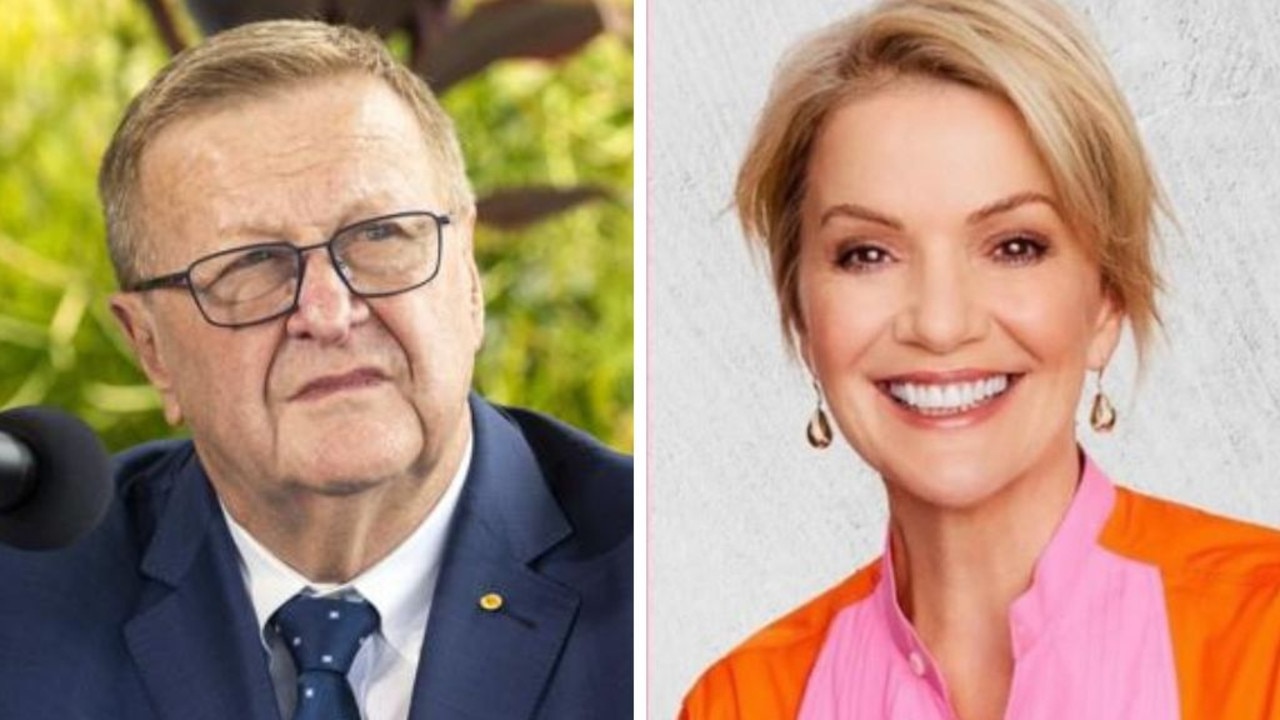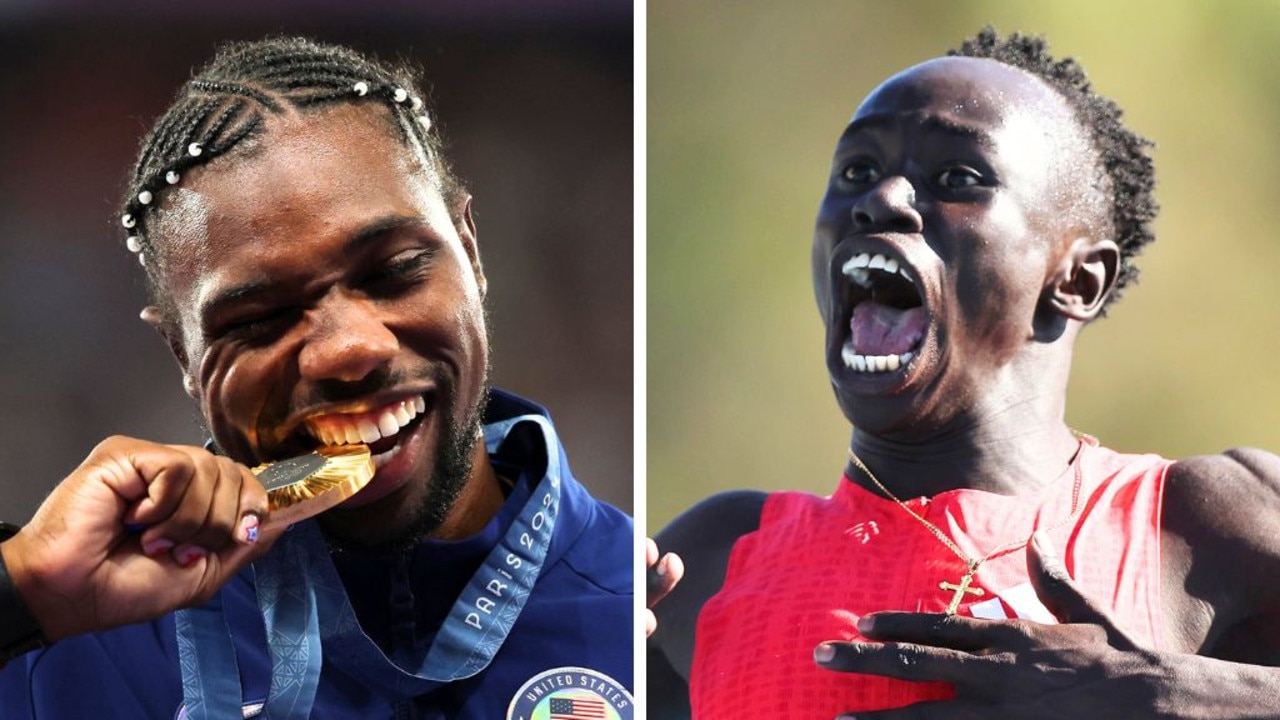How will Covid-19 affect the Tokyo Olympics?
A sudden rebound in Covid-19 cases in Tokyo has raised concerns about the safety of Olympic athletes and the Japanese population.
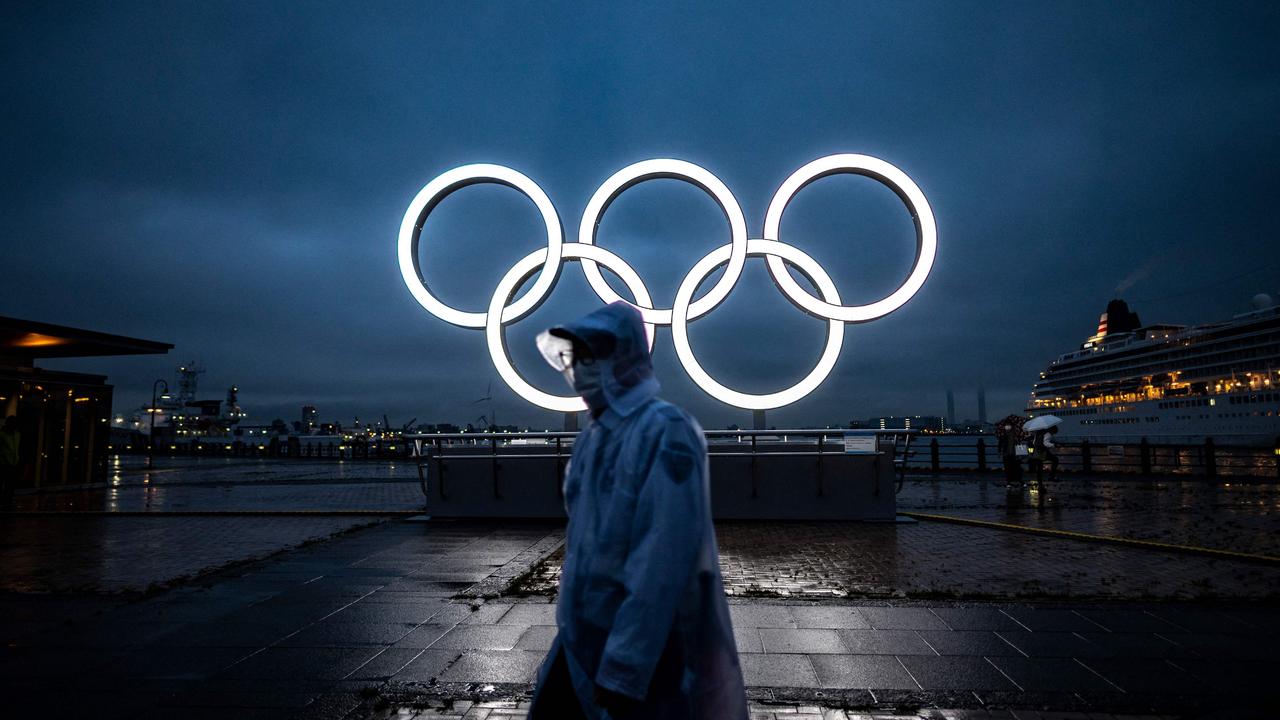
Less than three weeks out from the Tokyo 2020 opening ceremony and there remains plenty of angst among the Japanese population.
The country’s Covid-19 situation is far from resolved, and several pundits are calling for the Olympics to be postponed yet again — or outright cancelled.
Local protesters have taken to the streets over the past few weeks, but organisers are adamant the 32nd Summer Olympics will get underway on July 23.
The coronavirus pandemic will ensure Tokyo is unlike any Games before it, with athletes confined to “extremely restricted” living conditions and ticketholders uncertain whether they’ll even be allowed into venues.
What’s the Covid-19 situation in Tokyo?
Japan’s virus outbreak has been less severe than some other nations (approximately 14,800 deaths to date), but experts warn another wave of cases could stretch medical services during the Games.
Covid-19 cases have been rising since a state of emergency was lifted last month and replaced with softer restrictions, which currently allow up to 5000 spectators at sporting events.
Those measures are set to expire on July 11, but the government is expected to extend them — meaning they could still be in place when the Games commence on July 23.
Just over 11 per cent of the Japanese population is fully vaccinated.
Japan is vaccinating approximately 1 million people per day, but that won’t ensure everyone under 65 is jabbed by the time the Games get underway.
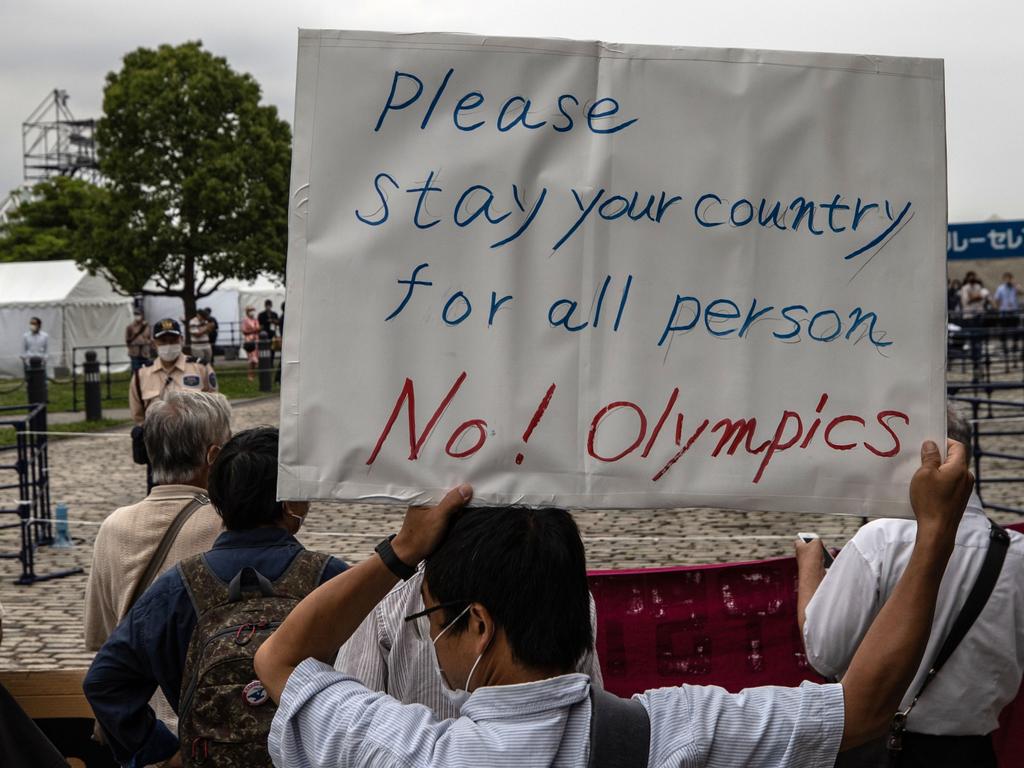
Will there be any spectators?
Last month, Tokyo organisers set a limit of 10,000 domestic fans, or half of each venue’s capacity, for Olympic events.
But the rebound in Covid-19 cases in Tokyo has sparked fears spectators could spread infections, with the government expected to extend antivirus measures covering the capital.
On Friday, organisers warned they were prepared to hold the Olympics behind closed doors, leaving ticketholders in limbo just three weeks out from the opening ceremony.
“The infection situation changes on a day-to-day basis, and it’s still unclear what the situation will look like,” Games president Seiko Hashimoto told reporters.
“But from Tokyo 2020’s perspective, having no spectators is an option so that we can be prepared for whatever the situation may be.”
Acknowledging the “inconvenience and concern” among fans who have already bought tickets for events, Hashimoto pledged to make a decision “quickly”.
“It’s not that we are determined to have spectators regardless of the situation,” Hashimoto said. “We will follow the government standards. Unless it’s safe and secure, we cannot allow spectators.”
No more tickets will be sold and spectators from overseas have already been barred from attending.
Will athletes need to self-isolate?
Athletes are required to complete a three-day quarantine within the Olympic Village upon arrival in Tokyo and will be tested daily during that time.
Earlier this week, Japanese government officials announced athletes, coaches and staff travelling from countries or regions where the faster-spreading Delta variant of Covid-19 has been detected would undergo enhanced restrictions upon their arrival.
The decision comes after a second member of Uganda’s Olympic delegation tested positive to Covid-19 upon arrival in Japan.
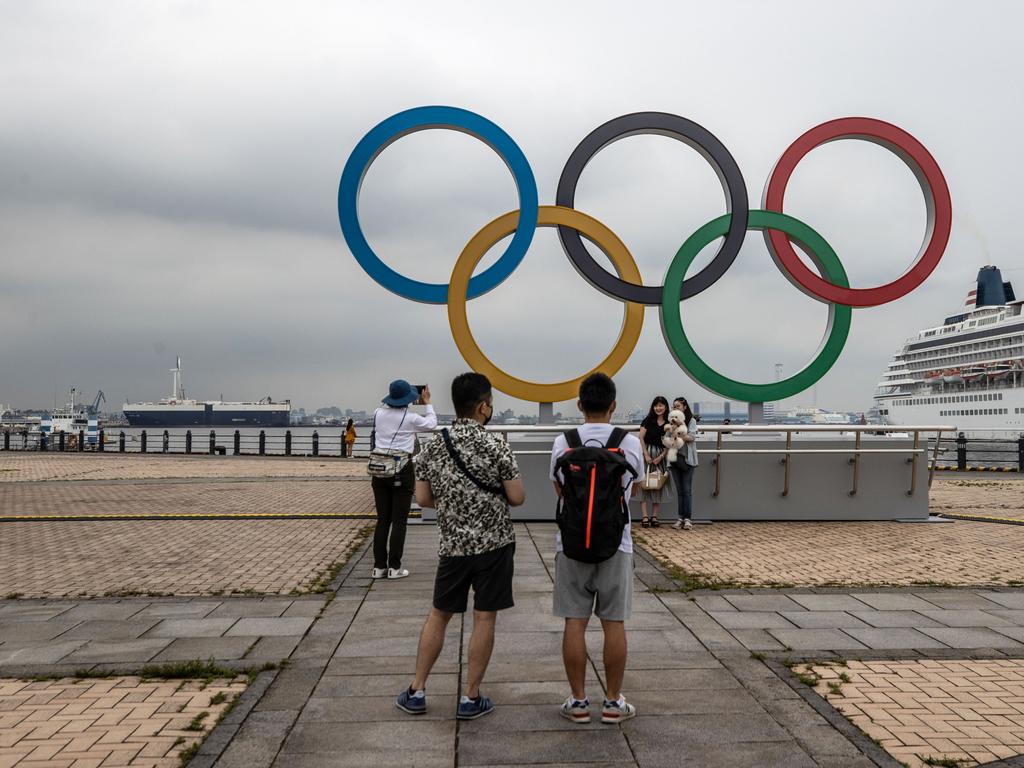
Will the athletes be vaccinated?
It is not compulsory for athletes to be vaccinated for Covid-19 ahead of the Tokyo Games, but athletes were encouraged to get the jab before travelling to Japan.
An IOC spokesperson confirmed to Vox that “well above” 80 per cent of residents of the Olympic and Paralympic Village will be vaccinated, along with somewhere between 70 and 80 per cent of the media.
The Australian Olympic Committee has not implemented a “no jab, no play” policy, leaving the decision to get vaccinated up to the individual athlete.
However, Paralympics Australia announced athletes must be vaccinated if they want to go to Tokyo. The same rules do not apply to able-bodied athletes.
What are the living conditions like for athletes?
Olympic athletes must sign a written pledge promising to abide by antivirus rules in Tokyo, including staying away from tourist areas, shops and bars, limiting contact with other people and not using public transport.
Athletes will be required to wear masks at all times, except when outdoors, sleeping or eating.
“The athletes will be spending their time here in Japan in extremely restricted conditions,” Japanese Olympic Committee president Yasuhiro Yamashita said.
“I think this is something that we need to understand, and not think of the athletes as being strong-willed or selfish.”
Each room in the athletes’ village has two beds with frames made from recycled cardboard.
The Olympic Village also features a shopping complex with an automatic teller machine, dry cleaner, post office, florist, bank and courier counter.
Athletes must depart Japan within 48 hours of their last event, meaning they won’t be allowed to linger in the village.
With AFP



